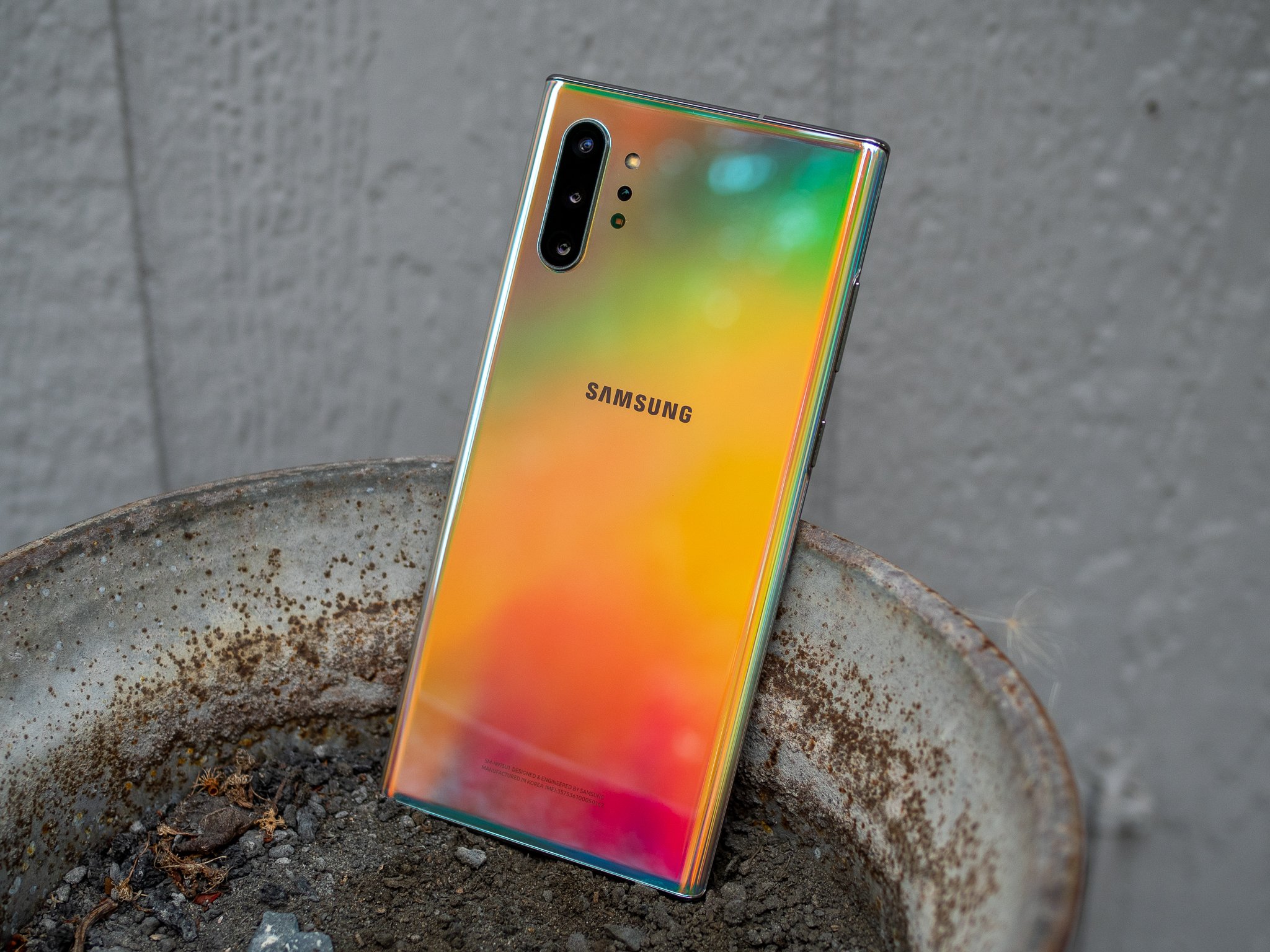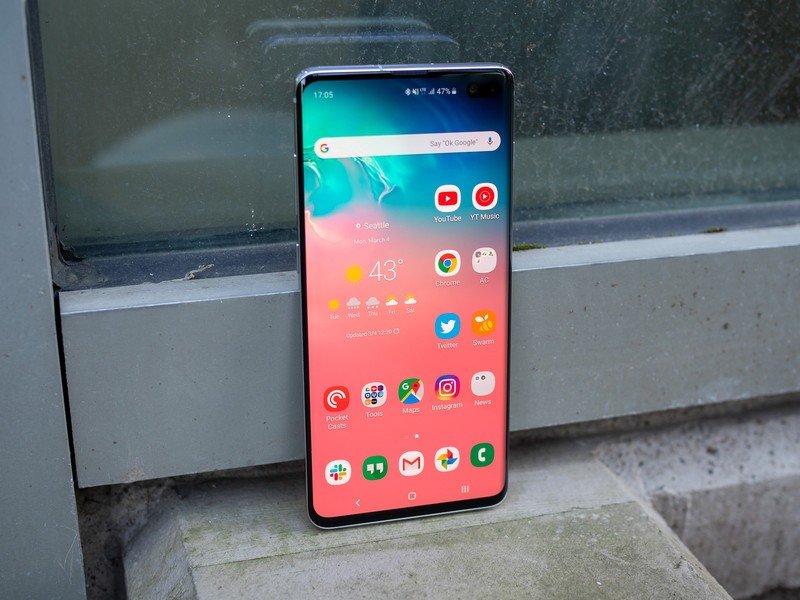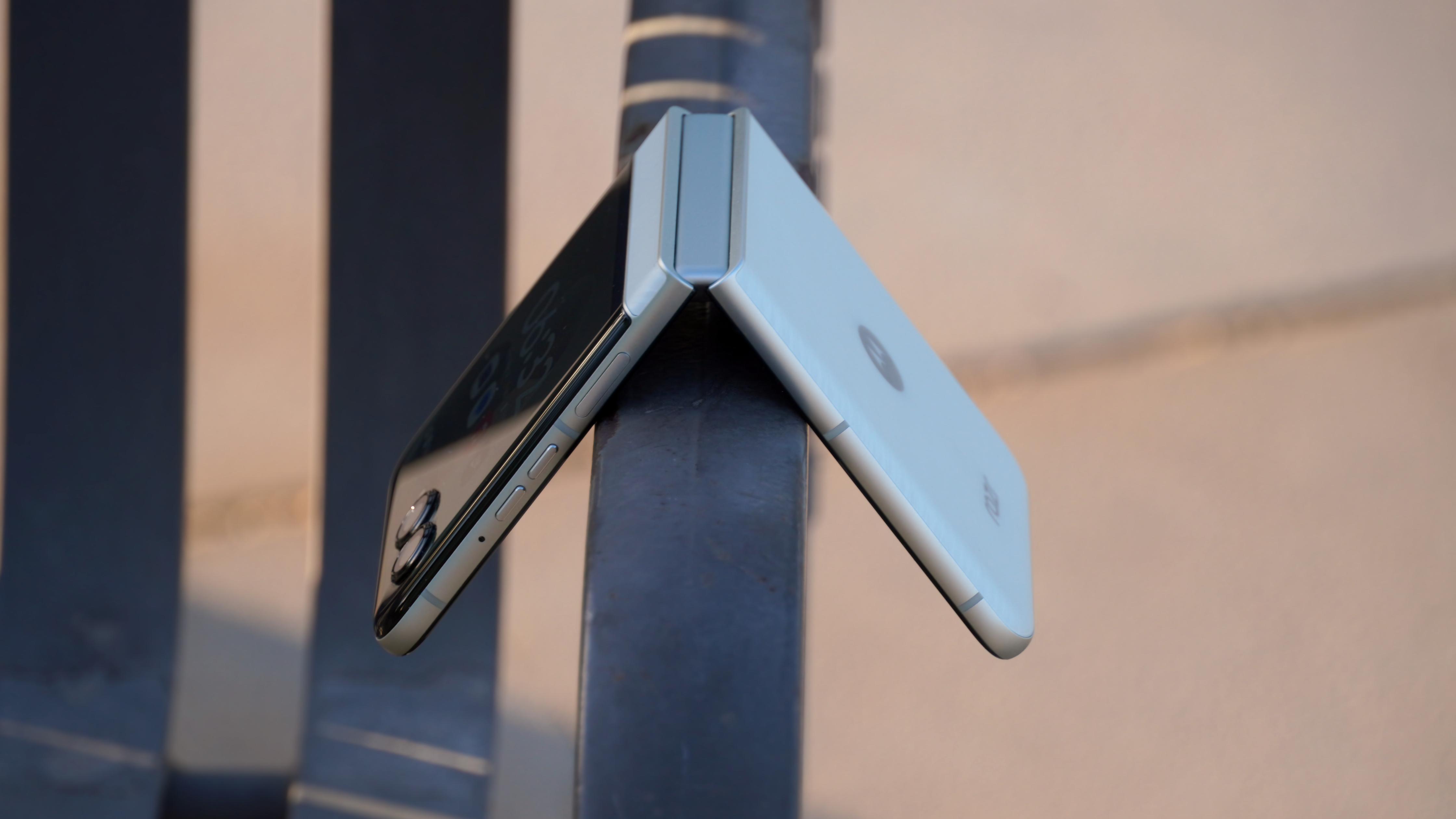Samsung should treat every Galaxy phone with the same respect it has for its new 'Enterprise Editions'

Samsung is throwing a bone to enterprise customers with the new Enterprise Edition models of its most popular Galaxy phones. They come with four years of firmware updates including two major OS updates to attract business users, and a mix of monthly and quarterly updates to fix bugs or security flaws is exactly what your IT department wants to see for the hardware it has to manage and keep secure. It's good news all around for anyone interested in using some of the best phones money can buy for day-to-day business needs.
The Enterprise difference is in name only — these phones use the same hardware as their counterparts.
But I can't help but think that all of these phones Samsung sells should be getting this treatment, not just models with a new Enterprise tag.
My reasoning — these phones have the same hardware that their non-Enterprise Edition counterparts have. There's no reason to treat them any differently when it comes to firmware updates. in fact, it means more work (and more money spent) by Samsung to build, maintain, and deploy two different sets of firmware for the same phone.
Speaking of money, that's the sole reason Samsung is rolling out Enterprise Editions. I get it — the company wants to maximize profits by supplying handsets with features that appeal to business users and managers on top of the features designed for the people that use them. A Note 10+ with its eye-popping display, S Pen, gigantic battery and everything else we love makes it a phone we want to use. Adding a plan for timely updates for four years is something that makes the boss love that we're using them. If the idea pans out, Samsung can make some extra money.

But wouldn't it be great if these Enterprise perks were applied to the "regular" Note 10? Or even the Galaxy A40, which is a really nice medium-priced phone that would be even more popular if it were guaranteed to get critical updates for four years? I think it would, and I'll bet that everyone who has already bought one would, too.
There are other Enterprise features worth paying for that could set them apart.
Samsung could still make money through the rest of the Enterprise Edition perks — enhanced service and maintenance, Knox Configure and other tools for remote administration, and next-day response. Those are really important perks for businesses, too. Tying an update schedule to the extra cost for the same hardware leaves a bad taste, even if you're talking about the best phones you can buy.
Get the latest news from Android Central, your trusted companion in the world of Android

Jerry is an amateur woodworker and struggling shade tree mechanic. There's nothing he can't take apart, but many things he can't reassemble. You'll find him writing and speaking his loud opinion on Android Central and occasionally on Threads.
